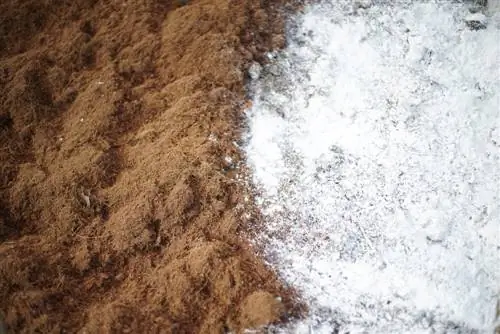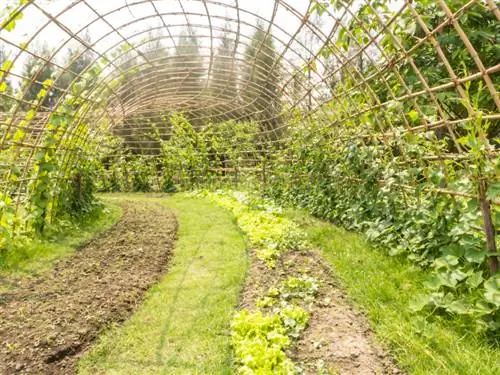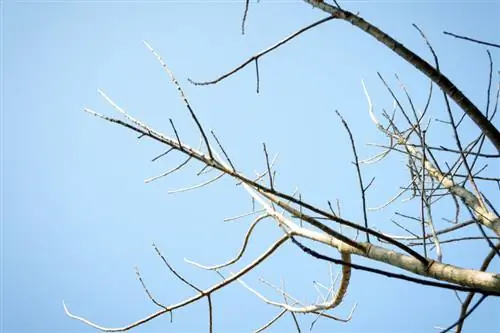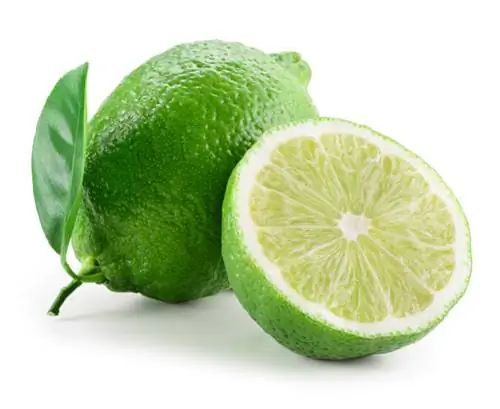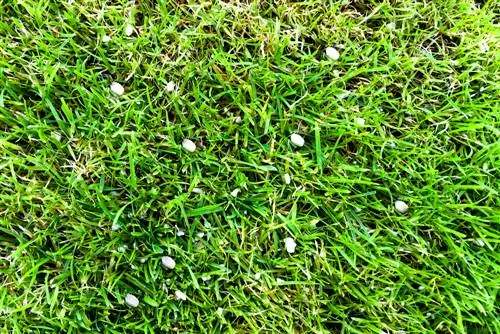- Author admin leonars@hobbygardeners.com.
- Public 2023-12-16 16:46.
- Last modified 2025-01-23 11:21.
It is often said in outdated guides that the compost rots better by adding lime. This gardening wisdom is controversial today. Some gardeners recommend avoiding liming altogether, while others consider it absolutely necessary. When is lime recommended for compost?

When should you use lime for compost?
Is lime recommended for compost? Lime is not absolutely necessary for compost, but can help regulate the pH value of very acidic compost material. Algae lime is best suited. The dosage should correspond to the quantities stated on the packaging, and a soil test can be helpful to determine acidity.
Lime is not necessarily necessary for compost
Lime is primarily used to deacidify over-acidified soil and to ensure a favorable pH value. It only releases nutrients to a small extent. In fact, lime can deacidify very acidic compost. However, you should only use lime in the compost very sparingly, if at all.
A very acidic compost is created, for example, because you have mainly disposed of grass clippings, leaves and fruit peels on it.
It is also cheaper for the microorganisms in the compost to do the liming later when planting the soil. To do this, you should have a soil sample examined beforehand to find out for sure whether the soil is actually too acidic.
- Lime only for very acidic compost material
- Algae lime is ideal
- Do not exceed dosage
- Have the soil tested for acidity
Lime for lawn clippings in compost
If there is a lot of grass clippings, liming can be a useful way to make the grass rot more quickly. This also prevents mold formation and the resulting humus does not become too acidic.
The recommended dose is to add one kilo of carbonated lime to three cubic meters of compost material.
Which lime is suitable for compost?
Algae lime (€8.00 on Amazon) is best suited for compost, as this type of lime is very fine and porous and therefore absorbs acid well. If you don't want to do without liming, occasionally sprinkle a few handfuls of the lime over the compost heap. Be sure to follow the quantities stated on the packaging.
Lime nitrogen, as occasionally recommended, should under no circumstances be given. This can keep weeds under control, but it is so corrosive that even the smallest organisms are destroyed.
Tip
Eggshells are very suitable for compost because they contain a lot of lime and even more calcium. Mixed with coffee grounds, the finely crushed peels are ideal for fertilizing roses.

